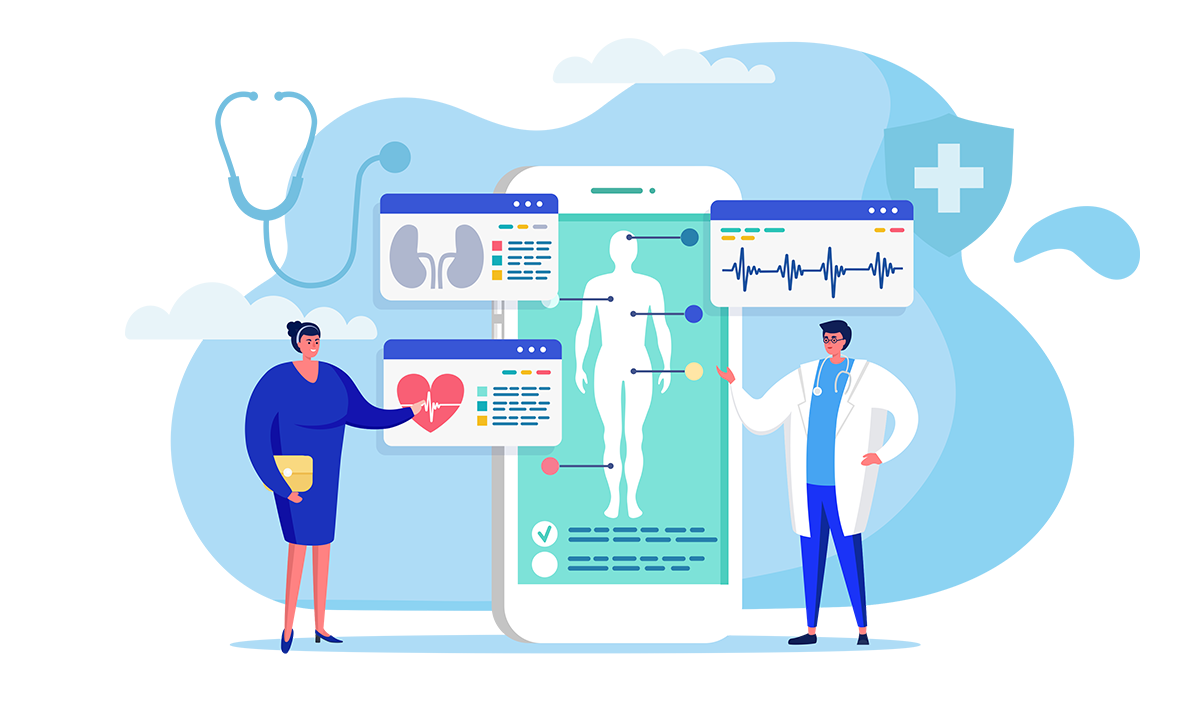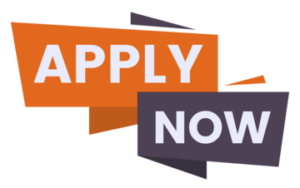This Course Structure is Curated as per the NEP-2020 Guidelines
Course Overview
The B.Sc. Digital Health program at Malla Reddy Vishwavidyapeeth, Hyderabad, is an undergraduate course designed to train students in the integration of technology and healthcare, focusing on improving patient outcomes through digital solutions. This program equips students to address the evolving challenges of healthcare using innovative digital tools and data-driven approaches.
This program focuses on equipping students with the theoretical knowledge and hands on skills from 1st semester itself. The curriculum covers health informatics, telemedicine, wearable technologies, data analytics, electronic health records (EHR), and mobile health applications. Students gain practical experience in managing healthcare technologies, analyzing health data, and developing solutions to streamline healthcare delivery.
Graduates of this program emerge as proficient Digital Health Technologists, ready to work in hospitals, healthcare IT companies, research institutions, and public health organizations. They play a critical role in advancing healthcare through digital innovation, contributing to a more efficient and patient-centered healthcare ecosystem. Enabling them to pursue further higher studies & do research in Digital Health along with plenty of job opportunities globally.

Course Details
Description: 4 Years Degree Program
No. of Seats: 40
No. of Credits: 160 minimum & as specified
- Eligibility
- Curriculum Structure
- Program Outcomes
- Career Enhancement
- Higher Studies
- Job Roles & Progression
A pass in 10 + 2 with Physics, Chemistry, and Biology/Mathematics as main subjects from a recognized board (CBSE, ISC, or equivalent).
| Semester | Name of the Subject |
| Semester 1 | Human Anatomy Human Physiology Biochemistry Public Health Concepts National Health Programs & ABDM Introduction to AYUSH English & Communication Skills Computer Foundation Understanding Data Source & Structure Practicals in Human Anatomy Practicals in Physiology Practicals in Biochemistry |
| Semester 2 | Microbiology Pathology Occupational health Languages for Coding Introduction to Github Essentials of Research Design & Literature Reviews Essential Biostatistics Digital Health Terminology Regulations and Ethics Practicals in Microbiology Practicals in Pathology Practicals in Coding |
| Semester 3 | Advanced data analytics (R/SPSS/STATA/SAS) Data Visualization and GIS Evidence based Medical Tools Health Algorithms to Application Mobile Apps & Web Apps Database Features API Plug-in Integration Dashboards for Healthcare Practicals in Advanced data analytics Practicals in Data Visualization Practicals in Mobile Apps & Web Apps |
| Semester 4 | Design Thinking UI/UX for Healthcare Rapid Prototyping and 3D Printing Predictive Analytics(Prediction and Forecasting) AI/ML/Gen Al/computer vision Practicals in UI/UX for Healthcare Practicals in Rapid Prototyping and 3D Printing Practicals in Predictive Analytics(Prediction and Forecasting) Practicals in Al/ML/Gen Al |
| Semester 5 | Electronic Health Records (EHR) Telemedicine AR/VR/ MR for Health care Internet of Medical Things (IoMT) Market Research & Needs Assessment Practicals in AR/VR/MR for Health care Practicals in Internet of Medical Things (IoMT) Internship |
| Semester 6 | Digital twins Digital Bedside patient Monitoring Digital Emergency and ICU Care Digital Home based Healthcare Digital occupational well-being Digital Elderly care Health care Logistics Healthcare E-commerce Finance for Healthcare Settings |
| Semester 7 | Digital Transformation of Healthcare Digital Health Project Management Wearable diagnostics Exoskeletons & Humanoid for Health Care Drone & UAVs Social media in Healthcare Cyber Security for Health Research Project Design |
| Semester 8 | Research Project Review of Topics/Electives Critical thinking Health Care Start up pathway |
- Healthcare Data Management: Proficiency in managing and analyzing healthcare data, ensuring data accuracy, privacy, and security in compliance with industry
- Health Informatics Systems: Skills in working with electronic health records (EHR), health information systems (HIS), and other digital platforms to improve healthcare
- Telemedicine and Remote Patient Monitoring: Expertise in utilizing telemedicine tools and technologies to provide healthcare services remotely, including monitoring vital signs and managing patient data.
- Health Data Analytics: Proficiency in data analytics tools to process and interpret large datasets, generating insights to improve patient care and healthcare
- Digital Health Technologies Integration: Knowledge in the integration of emerging technologies such as wearables, mobile health apps, and IoT devices into healthcare systems for improved patient management.
- Healthcare Policy and Regulations: Understanding of the ethical, legal, and regulatory frameworks surrounding the implementation of digital health solutions, ensuring compliance and patient confidentiality.
- Certification in Health Informatics: Advanced training in managing health information systems, EHR management, and clinical data
- Telemedicine Certification: Specialization in remote healthcare services, including virtual consultations and telehealth system
- Data Science in Healthcare Certification: Focus on the application of data science techniques in healthcare, including predictive analytics and machine
- Health IT Management Certification: Knowledge and skills required to manage digital health technologies, IT infrastructure, and software solutions in healthcare
- Digital Health Entrepreneurship Certification: Training in starting and managing a digital health technology business, focusing on innovation, market strategies, and commercialization.
- M.Sc. in Health Informatics or Digital Health: Advanced study in the field, covering areas like data science, telemedicine, and digital health technologies.
- Postgraduate Diploma in Healthcare Analytics: Focused on using analytics to optimize healthcare delivery and patient outcomes through data-driven decision-making.
- Ph.D. in Digital Health or Health Technology Innovation: Research-focused career path, exploring innovations in healthcare technologies and digital health systems.
- M.B.A. in Healthcare Management with Digital Health Focus: Combining business management skills with digital health expertise to lead health tech companies or healthcare institutions.
Duration | Roles and Responsibilities | Salary Range |
0-3 years | Health Informatics Specialist, Telemedicine Coordinator, Digital Health Analyst | ₹4,00,000 – ₹6,50,000 per annum |
3-5 years | Senior Health Data Analyst, Digital Health Consultant, Health IT Specialist | ₹6,50,000 – ₹9,50,000 per annum |
5-10 years | Health IT Manager, Digital Health Project Manager, Senior Healthcare Analyst | ₹9,50,000 – ₹15,00,000 per annum |
10+ years | Director of Digital Health, Chief Health Informatics Officer, Healthcare Technology Consultant | ₹15,00,000+ per annum |

Fee Structure Per Academic Year
| Tuition Fee | Miscellaneous Fee | Scholarship | ||
| 160000₹ | 10000₹ | Above 90% – 32000₹ | Between 80-90% – 16000 ₹ | Between 70-80% – 8000₹ |
| Tuition Fee | Miscellaneous Fee | Scholarship | |||
| 160000 ₹ | 15000 ₹ | Above 95% – 160000 ₹ | Above 91% – 80000 ₹ | Between 81-90% – 16000 ₹ | Between 71-80% – 8000 ₹ |



